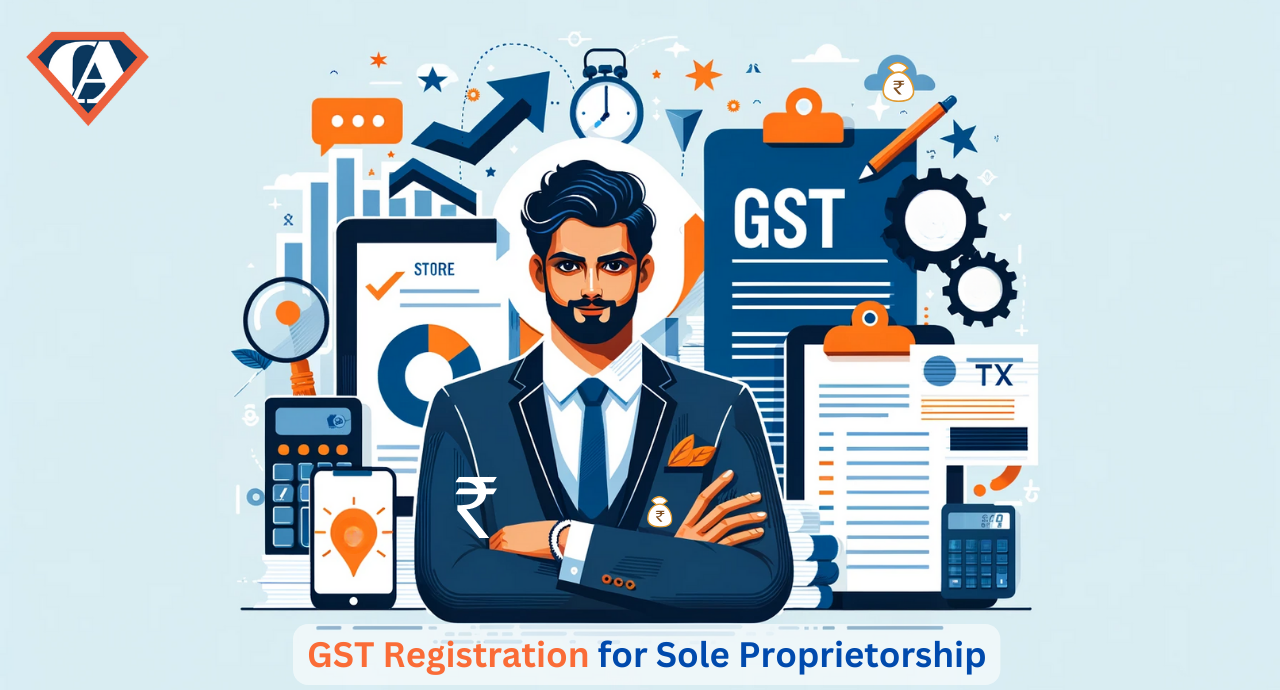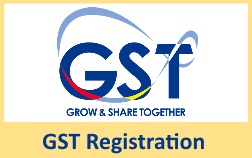Understanding the Benefits of Singapore GST Registration for SMEs
Understanding the Benefits of Singapore GST Registration for SMEs
Blog Article
Making Best Use Of Tax Obligation Performance: Specialist Tips on Browsing the GST Enrollment Puzzle for Small Companies
Navigating the complex landscape of Goods and Provider Tax (GST) enrollment can be a labyrinthine task for little businesses intending to maximize their tax obligation efficiency. In this conversation, we will certainly check out expert understandings and workable advice that can encourage small organizations to navigate the GST registration puzzle properly and optimize their tax obligation performance.
Eligibility Requirements
Qualification needs for Small Company GST Registration include certain standards that businesses need to satisfy to conform with tax policies. To qualify for GST registration, a company should have an annual turnover going beyond the threshold set by the tax authorities, which varies by country.

Paperwork Demands
The needed documents generally consists of proof of organization registration or consolidation, identification and address evidence of the business owner, photos, financial institution account information, and evidence of the primary area of business. Additionally, services require to offer information of their business activities, including the products or solutions supplied.
Besides the obligatory files, services may additionally be called for to send added details based upon their specific scenarios. This can consist of papers connected to collaborations, the permission of notaries, or any kind of other relevant agreements. Maintaining all essential documents arranged and readily available can improve the registration process and aid businesses abide by the requirements efficiently - Singapore GST Registration. Failure to offer the required documentation might lead to hold-ups and even denial of the GST enrollment application. For that reason, precise attention to information and adherence to the documents standards are crucial for a successful GST enrollment procedure for tiny businesses.
Timing Factors To Consider
Taking into consideration the vital documentation demands have been meticulously attended to, the next important aspect for small companies embarking on the GST enrollment process is the strategic administration of timing factors to consider. Timing plays a crucial function in GST enrollment, impacting not only conformity but additionally monetary aspects of business. Small companies need to very carefully plan the timing of their GST enrollment to make best use of benefits and lessen possible threats.

Additionally, companies must line up the timing of their GST registration with their functional readiness. Sufficient preparation, such as updating accounting systems and training team, is necessary to perfectly integrate GST requirements right into day-to-day procedures. By purposefully managing timing factors to consider, local business can navigate the GST registration procedure efficiently and optimize his explanation their tax obligation performance.
Enrollment Process Tips
Successfully browsing the GST enrollment procedure needs local business to carry out calculated and positive enrollment process pointers. One critical idea is to ensure all essential records are readily available before starting the registration process. This consists of company enrollment papers, proof of address, financial institution statements, and recognition proofs of business proprietors. Confirming the precision of the info given is similarly essential to avoid denials or delays.
Furthermore, comprehending the limits and requirements for GST registration based upon the details state or territory where business operates is crucial. Some states have different turnover thresholds that activate required registration, so being notified concerning these limits can help companies prepare ahead.
An additional important idea is to think about looking for specialist aid from accounting professionals or tax professionals that specialize in GST registration. Their experience can streamline the process, lower errors, and ensure compliance with all regulations.
Compliance Best Practices
Navigating the GST registration process smoothly demands not just critical enrollment process ideas however additionally thorough adherence to conformity finest methods to make certain recurring governing positioning. Little services need to focus on conformity to prevent penalties and maintain an excellent standing with tax obligation authorities. One critical best method is to keep accurate and thorough records of all deals. This includes billings, invoices, and other economic papers that may be required for tax audits or conformity checks. Furthermore, staying educated regarding any changes or updates to GST laws is necessary. If needed to guarantee they are satisfying all needs, small business proprietors should routinely examine government standards and seek specialist suggestions. Singapore GST Registration. It is likewise advised to file GST returns on time to prevent late charges and penalties. By including these compliance finest techniques into click this link their operations, small companies can browse the intricacies of GST registration with self-confidence and performance.
Conclusion
In final check out here thought, small companies can browse the GST enrollment puzzle by guaranteeing they meet eligibility requirements, collect needed paperwork, think about timing effects, comply with enrollment procedure ideas, and stick to conformity finest methods. By optimizing tax effectiveness with correct GST enrollment, organizations can improve their economic monitoring and procedures.
Navigating the elaborate landscape of Goods and Services Tax Obligation (GST) enrollment can be a labyrinthine job for little companies aiming to maximize their tax obligation effectiveness.Eligibility requirements for Small Business GST Enrollment include particular criteria that companies should meet to abide with tax obligation policies. The required documents commonly includes evidence of service registration or consolidation, identification and address proofs of the business proprietor, photographs, financial institution account details, and evidence of the primary area of organization. Furthermore, businesses require to provide details of their company activities, consisting of the goods or solutions provided.Efficiently navigating the GST enrollment process calls for small organizations to execute strategic and proactive enrollment process ideas.
Report this page